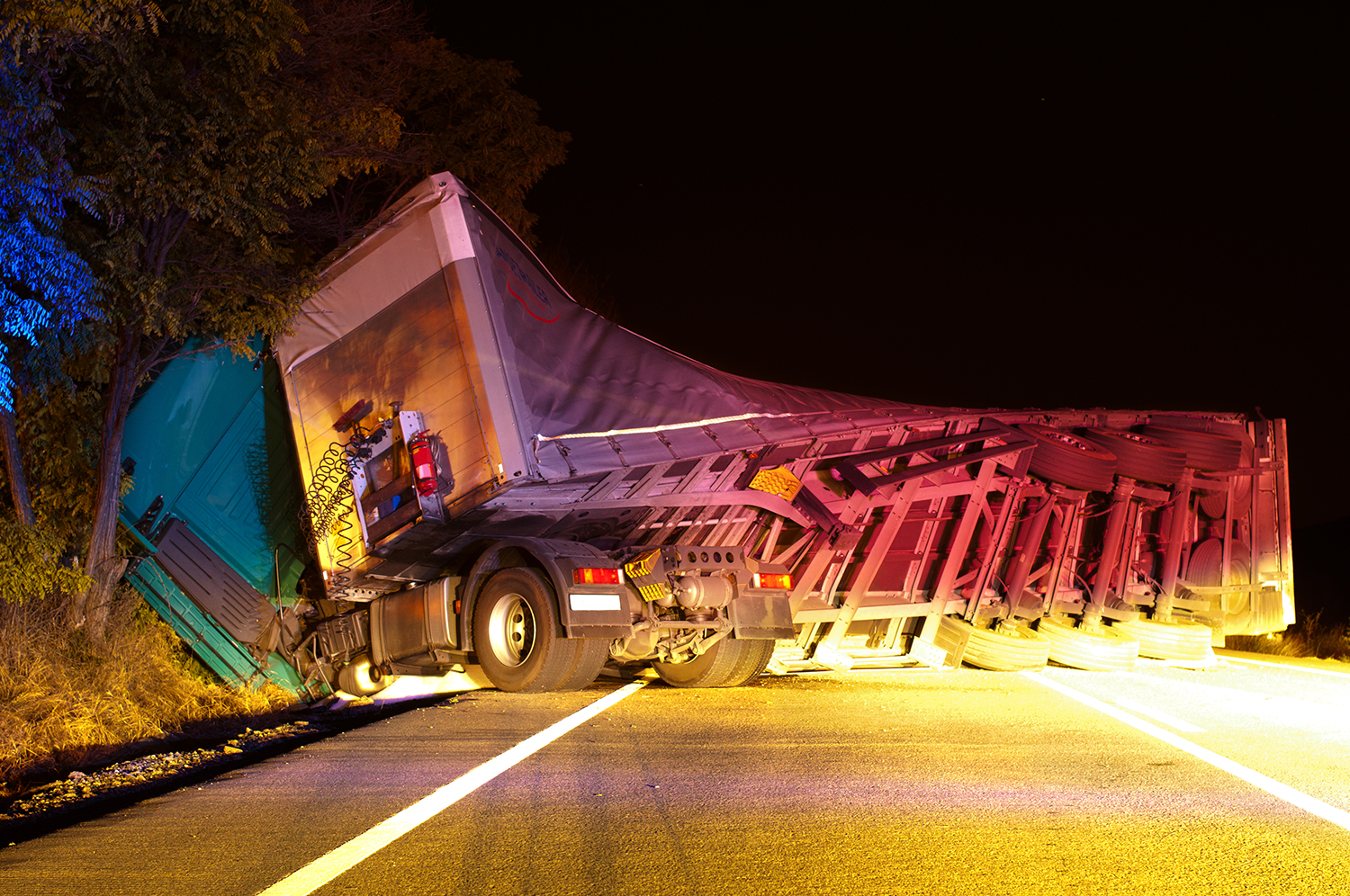
When you hear “large truck,” you probably think of a semi-tractor with a trailer. But when the Federal Motor Carrier Safety Administration (FMCSA) reports on large truck and bus crashes, their definition is much broader. They define a “large truck” as one with a gross vehicle weight rating (GVWR) of more than 10,000 pounds. In simple terms, GVWR is the maximum weight allowed including everything: the truck,its cargo, any accessories on the truck, and even passengers. That takes in a wider range of vehicles than you might think. For instance, a 15-foot U-Haul rental truck has a GVWR of 14,500 pounds.
“Bus” means any vehicle designed primarily to carry nine or more people, including the driver. So, when you hear about large truck and bus accidents there may be many different types of vehicles, drivers, and passengers involved. Of course, some types of vehicles are more common on Texas roads than others. So, a higher number of fatal accidents doesn’t necessarily mean that type of vehicle is more dangerous.
Types of Large Trucks and Buses Involved in Fatal Collisions
Semi-Tractor Trailers
In the most recent three-year period reported, more than half of all fatal large truck and bus crashes involved semi-tractor trailer trucks, mostly with box-style cargo compartments. Of those, a very small percentage involved double trailers and an even smaller percentage involved triple trailers. No other type of vehicle comes close to semis with trailers in terms of truck accident fatalities.
Single-Unit Vehicles
The next most common is single-unit, two-axle vehicles, at 24.4% of fatal large truck and bus crashes. All other types, including the single-unit, three-axle vehicles that come in at #3, account for less than 10% of large truck and bus fatalities. Still, these two types of single-unit vehicles combine to make up more than ⅓ of large vehicles involved in fatal crashes.
This category takes in a variety of different vehicles types, including:
- Box trucks
- Buses
- Large passenger vans
- Ambulances
- Garbage trucks
- Dump trucks
The specific category for these and other large vehicles may vary. For instance, some buses have two axles and others have three. The same is true for box trucks.
Be Aware of All Large Trucks and Buses on the Road
Most drivers recognize that big rigs like semi-tractor trailers pose special risks on the road due to their size, weight, lower maneuverability and line-of-vision limitations. Tanker trucks with hazmat warnings and flatbeds loaded with large heavy objects generally also catch a driver’s attention. Smaller–but still large and heavy–single-unit vehicles–have many of the same challenges. And, like larger trucks, they can do a lot more damage than a standrd passenger vehicle like a car or light truck.
In fact, looking at the vehicles involved in fatal crashes by cargo body type can be surprising:
- Van/enclosed box – 38.6% of fatal large truck and bus crashes
- Flatbed – 11.3% of fatal large truck and bus crashes
- Dump – 8.2% of fatal large truck and bus crashes
- Cargo tank – 6.8% of fatal large truck and bus crashes
No other cargo body type accounts for more than 5% of fatal collisions.
In short, you should be taking the same sorts of precautions with these other large trucks and buses that you would with a semi or a tanker truck. That means maintaining a safe following distance, staying aware of the truck’s blind spots and staying out of them, not cutting into a lane in front of the truck, always using your turn signals when changing lanes, and being aware of the truck’s larger turning radius.
Common Threads in Large Truck Accident Cases
Every motor vehicle accident is different. That’s especially true with large truck crashes, since there are so many different possible complications. These include loose cargo falling on or crashing into another vehicle, toxic exposures from hazmat spills and more.
On the other hand, there are some common risks associated with truck crashes. One, unfortunately, is a higher risk of serious injury or death when you’re involved in a collision with a truck. The size and weight of a large truck means it can do more damage to the vehicle it collides with, and more damage to the driver and passengers in that vehicle. That’s why the vast majority of people who die in truck accidents are in another vehicle or on the street, not in the truck.
Another is that large truck crash cases are usually more complicated than other motor vehicle accident cases. There may be technical issues that require expert witnesses, interstate procedural issues when the trucking company is located across the country, issues relating to federal safety regulations and more.
If you’ve been seriously injured in a commercial truck accident or have lost a loved one to a big truck crash, you’ll want to talk to an experienced Texas truck accident lawyer right away. The I Just Got Hit (Godsey Law Firm, P.C.) team has the experience you need to build the strongest possible truck accident claim. We also understand how stressful and confusing the time after a serious truck accident or other motor vehicle accident can be. We offer free consultations to make sure you have easy, no-risk access to the information you need.
To learn more, call 877-446-8448, fill out the contact form on this page, or click in the lower right-hand corner to chat right now.